Why do some people with COVID-19 experience little more than a sniffle while others end up on a ventilator? And among critically ill patients, why do some eventually recover while others do not?

medicalxpress.com
(fair use applies)
Study identifies signifiers of severe COVID-19 disease and death
by Isabella Backman, Yale University
May 7, 2024
Credit: Journal of Clinical Investigation (2024). DOI: 10.1172/JCI176640
Why do some people with COVID-19 experience little more than a sniffle while others end up on a ventilator? And among critically ill patients, why do some eventually recover while others do not?
A new study has unveiled clues for helping scientists predict who is most at risk for severe COVID-19, and among those who experience severe disease, who is most likely to survive. The researchers published their findings in the Journal of Clinical Investigation on May 1.
The study drew on data from the Immunophenotyping Assessment in a COVID-19 Cohort (IMPACC) study, a partnership between the National Institute of Allergy and Infectious Diseases (NIAID) and 15 research institutions across the country, including Yale School of Medicine (YSM).
Collaborators conducted extensive analyses across many different aspects of the immune responses of more than 1,000 patients across the country. They assessed samples during hospitalization and for up to a year post-hospitalization to better understand the disease's heterogeneity.
The IMPACC multiomics approach, which combines multiple "omics" such as genomics, proteomics, and transcriptomics, is one of the largest and most comprehensive analyses to date.
COVID-19 has a vast array of manifestations in patients. To identify distinguishing features leading to different patient responses, IMPACC is using a systems immunology approach pioneered by the NIAID Human Immunology Project Consortium (HIPC) of the National Institute of Allergy and Infectious Diseases (NIAID).
The HIPC is directed at Yale by IMPACC members Ruth R. Montgomery, Ph.D., professor of medicine and of epidemiology (microbial diseases) and associate dean for scientific affairs at YSM, and David A. Hafler, MD, chair and William S. and Lois Stiles Edgerly Professor of Neurology.
Steven Kleinstein, Ph.D., Anthony N. Brady Professor of Pathology at YSM, also a HIPC investigator, led the multi-site IMPACC data analysis working group to process the individual data types for integrated analysis by the consortium informatics experts.
"My group was tasked with taking the millions of datapoints from these 1,000-plus individuals and using modeling to elucidate reasons why different people respond to COVID-19 differently and the molecular mechanisms behind it," says Jeremy Gygi, a Ph.D. candidate in Yale's computational biology and bioinformatics program and first author of the study.
New models look for patterns linked to COVID-19 outcomes
In their latest study, Gygi and the team wanted to identify signatures associated with severe COVID-19 infection and mortality. Furthermore, they examined interactions of these hallmarks to better understand the underlying immune cascade that occurs in critical cases.
"We didn't just look at someone's genes, proteins, and metabolites separately," says Gygi. "Instead, we examined how transcriptomic, proteomic, and metabolomic profiles for an individual work together in order to explain an outcome."
"This could be the largest-scale COVID-19 study by far that has looked at so many different 'omics' simultaneously and over time," adds Leying Guan, Ph.D., assistant professor of biostatistics at the Yale School of Public Health and the study's senior author.
"These are unique aspects of our study and have enabled us to do more than what's been done in the previous literature on COVID-19 biomarkers."
To achieve this, the team leveraged the IMPACC dataset and a computational method known as latent factor modeling. These models helped the researchers identify coordinated patterns among the multitude of assays they studied.
Their models had two main tasks. First, they wanted to identify drivers of severe disease. They looked for predictors that associated with the cohort's five clinical trajectory groups, with five being the most severe, and with the distinct trajectories of disease. Second, among the most severe groups, the researchers also looked for signatures predictive of mortality.
"We were trying to separate those who needed hospitalization and ventilation and survived, and those who did not," says Gygi.
Study identifies signifiers of severe COVID-19 disease and death
The severity model identified multiple factors significantly associated with COVID-19 disease trajectory, including inflammation, T cell lymphopenia, and catabolism of the amino acid tryptophan.
While many of these signatures had been identified in the COVID-19 literature, the new models added a temporal element to reveal how these hallmarks evolved over time and interacted with one another.
Among the two most severe groups, an elevated discoordination of interferon signaling, which plays a vital role in immune response, significantly predicted mortality.
"For the severity cohort, although the hallmarks we found were already well-known, we identified an additional layer of interaction," says Guan. "Among the mortality cohort, we found an important type of dysregulation [of interferon signaling] that may characterize the fate of hospitalized patients."
This study is a significant achievement and an exciting starting point, the researchers say, and they have plans to build on this work to better understand more aspects of COVID-19. For example, they hope to use similar modeling techniques to gain a better understanding of long COVID and how it develops after an acute infection.
By learning more about the intricacies of COVID-19's underlying mechanisms, they hope to pave the way for new insights into more effective treatments for both acute and lingering disease.
More information: Jeremy P. Gygi et al, Integrated longitudinal multiomics study identifies immune programs associated with acute COVID-19 severity and mortality, Journal of Clinical Investigation (2024). DOI: 10.1172/JCI176640
Journal information: Journal of Clinical Investigation
Provided by Yale University

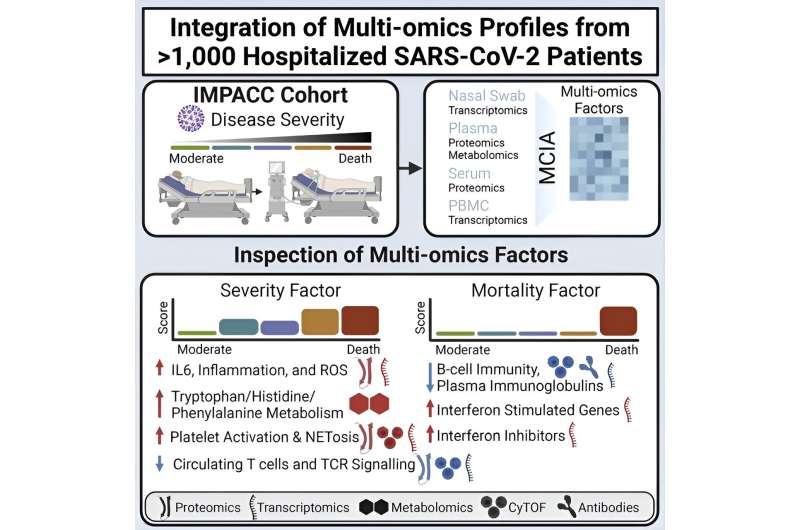

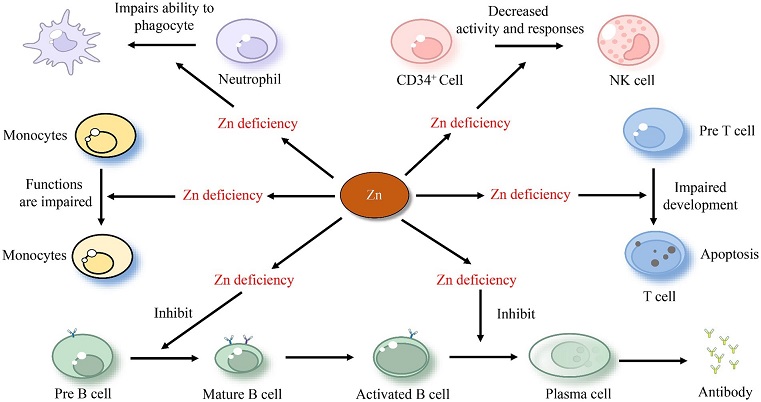
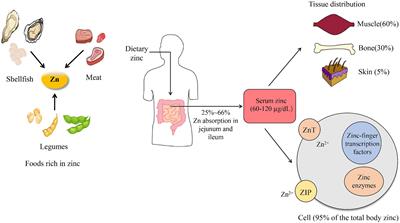
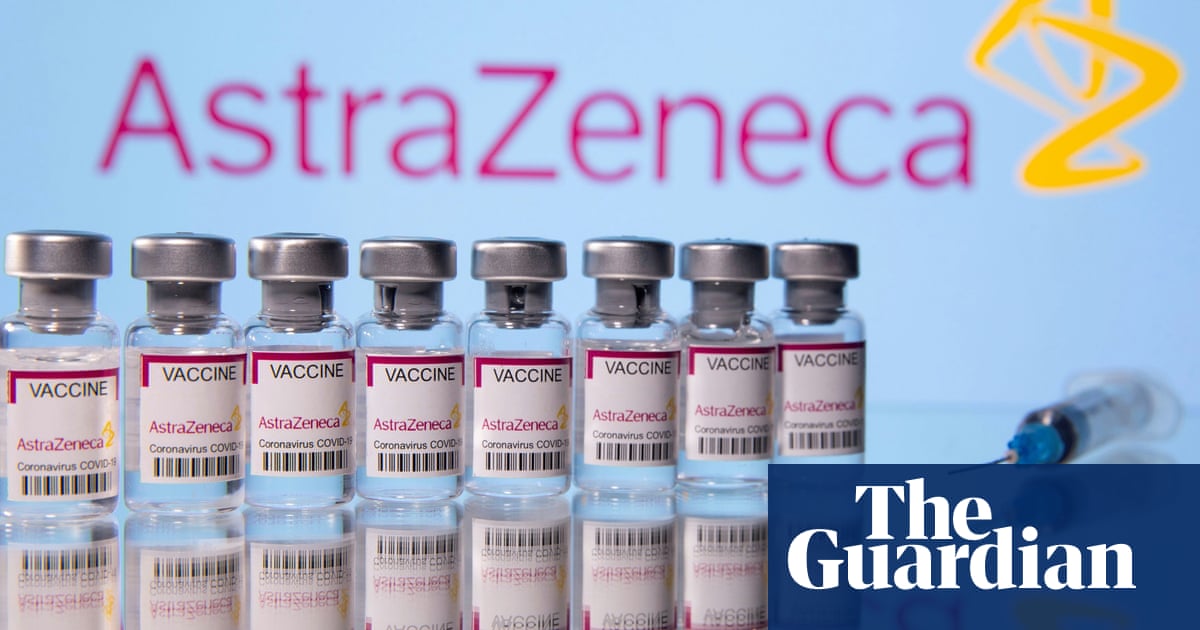
 oh, and it's not like we didn't already know this... but this is more 'official' than the woo conspiracy realists.
oh, and it's not like we didn't already know this... but this is more 'official' than the woo conspiracy realists.
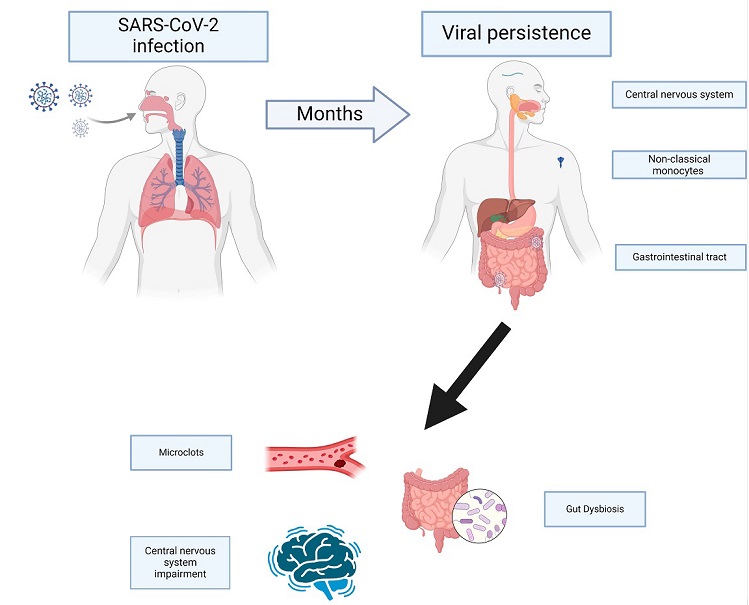

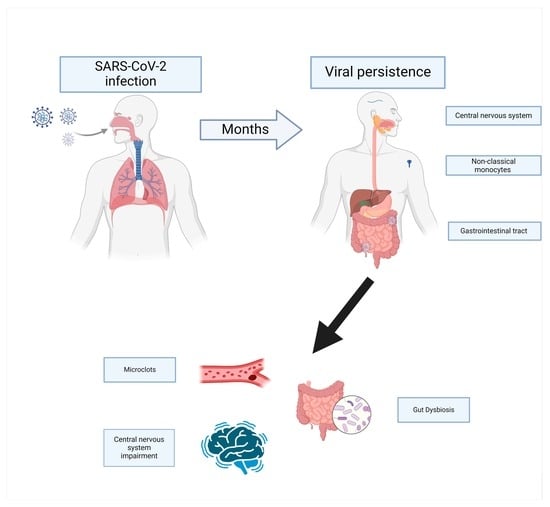


 www.voiceforscienceandsolidarity.org
www.voiceforscienceandsolidarity.org
